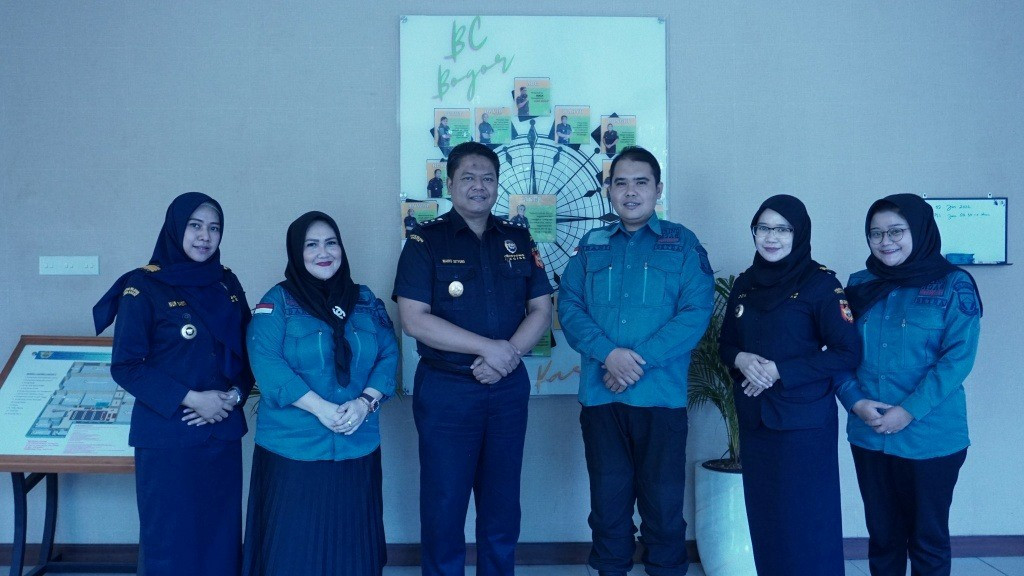Popular Reads
Top Results
Can't find what you're looking for?
View all search resultsPopular Reads
Top Results
Can't find what you're looking for?
View all search resultsLocal government turns tobacco excise revenue into community empowerment
The Customs and Excise office and the government recently held a coordination meeting to discuss the utilization and management of tobacco excise revenue-sharing funds (DBHCHT) in various regions.
Change text size
Gift Premium Articles
to Anyone
T
he Customs and Excise office and the government recently held a coordination meeting to discuss the utilization and management of tobacco excise revenue-sharing funds (DBHCHT) in various regions. The meeting aimed to ensure that in the local governments could manage the funds effectively, efficiently and on target.
“DBHCHT is an Indonesian fund allocation policy that has been in place since 2008. This policy aims to overcome negative externalities arising from the consumption of tobacco products. In its implementation, the policy’s focuses for the use of DBHCHT have changed according to urgency and need," said Head of the Subdirectorate of Public Relations and Customs Counseling Hatta Wardhana. He explained that the funds were only distributed to areas that produced tobacco in the amount of 2 percent of excise revenue on domestically produced tobacco products.
With the issuance of PMK 215 last December, the allocation of DBHCHT distribution will be different this year; 50 percent will go to the community welfare sector, 40 percent to health and 10 percent for law enforcement activities. Moreover, regional Customs and Excise offices and local governments in various regions have started to coordinate work plans for the utilization of the funds, both related to budget details and activities for the rest of the year.
“In addition to discussing the allocation of funds and activity plans, we also emphasize the performance assessment of local governments in the use of DBHCHT in law enforcement in accordance with SE-4/BC/2022. With the hope that the management of DBHCHT in 2022 can be more optimal. Especially for the management of DBHCHT in the field of law enforcement, we hope that the local government can continue to coordinate with Customs and Excise," Hatta said.
As Hatta explained, the Customs and Excise office is taking strategic steps, such as increasing coordination with local governments, spreading public awareness about excise regulations, carrying out enforcement operations with relevant agencies, maximizing information collection regarding the circulation of excisable goods and facilitating the management of permits for tobacco product industrial areas (KIHT).
“Hopefully this coordination step will be a good start in the utilization of DBHCHT in various regions. Support from several parties is needed to realize these plans. For that, let's coordinate with the aim of helping welfare, law enforcement and public health through DBHCHT," Hatta concluded.










